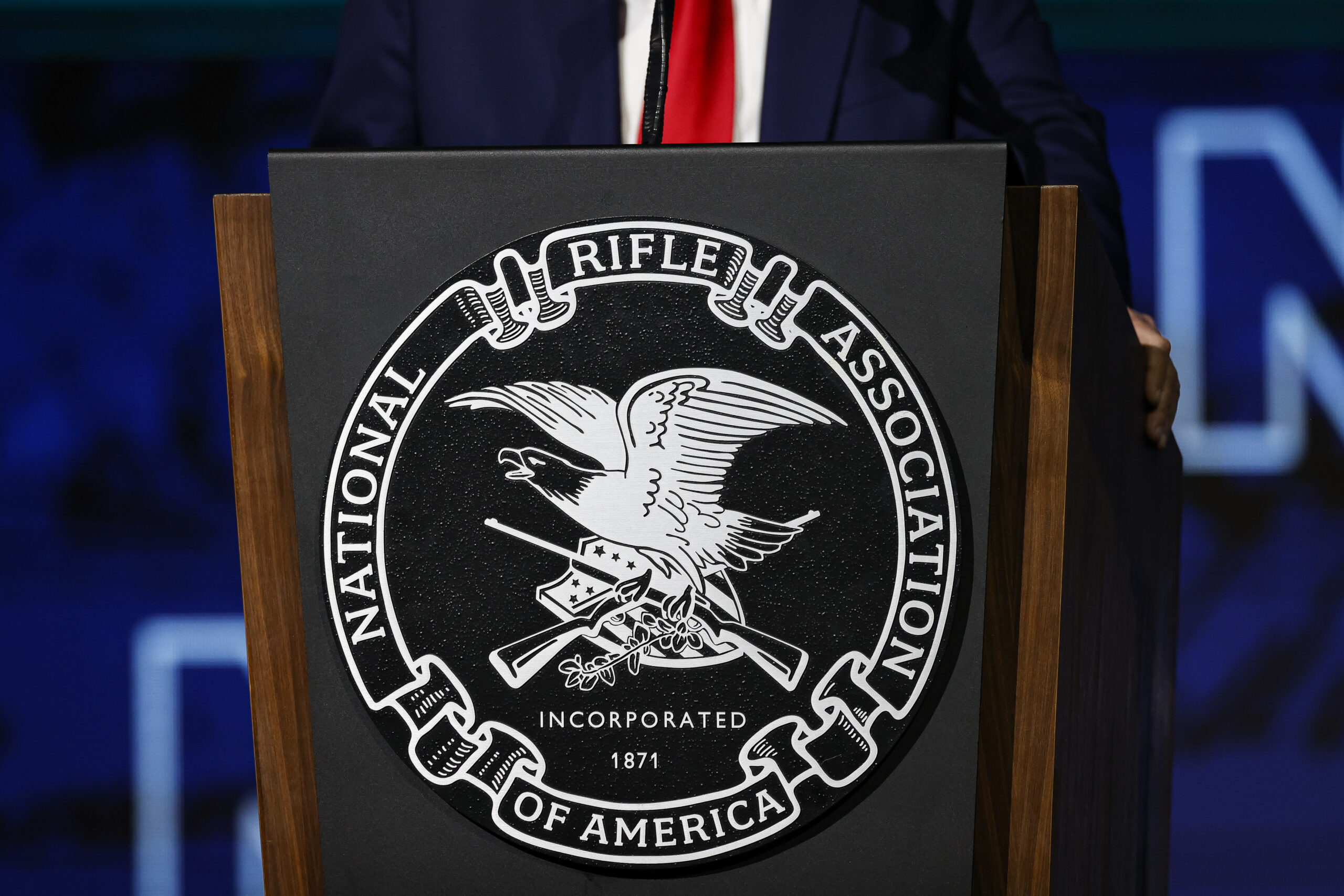When a power struggle engulfed the National Rifle Association’s leadership in 2019, the group elected to file a lawsuit against its longtime public relations firm, Ackerman McQueen. A protracted legal fight followed, with the parties making allegations that included libel, fraud, and breach of contract. Each side was seeking more than $50 million in damages when a confidential settlement was reached in March 2022, shortly before the case was scheduled to go to trial in a federal court in Texas.
The parties have kept silent on settlement details. And the NRA’s outside counsel is seeking to scrub settlement information from a forensic auditor’s report that New York Attorney General Letitia James recently filed in her lawsuit against the group. The report, currently viewable to the public, states that the case ended “with the NRA paying Ackerman $12 million in settlement funds.”
William A. Brewer III, the outside counsel whose sizable legal fees were one factor in the internal schism at the NRA in 2019, was behind the Ackerman suit. The Trace has detailed how Brewer’s legal exploits have cost the NRA huge sums and led to few courtroom victories. In 2017, before Brewer assumed control of the NRA’s legal strategy, the group’s annual audit put expenses for “legal, audit, and taxes” at $11.9 million. In 2021, the figure was $50 million, a 320 percent increase from five years before. Though the group has not yet reported its legal expenses for 2022, as of November last year they were $16.4 million, or 47 percent, higher than budgeted, according to an internal finance document.
“They’re the gang that couldn’t litigate,” said NRA board member Phil Journey, a critic of the association’s leadership. “And the disaster that is coming is going to be biblical.”
NRA president Charles Cotton said in a statement that: “Questions about the Brewer firm reflect a misunderstanding of the firm’s advocacy for the NRA. As I’ve often said, I fully support the work the firm is doing, the results achieved, and the value of its services.” In regard to the Ackerman settlement, NRA general counsel John Frazer said in a statement, “The parties are not at liberty to discuss this matter.” A top Ackerman executive declined to answer questions when reached by phone.
The NRA’s coffer-draining legal costs come at a time when membership, a primary source of cash for the gun group, is shrinking, and significant spending on litigation looms. The judge in the New York case has asked the parties to appear at a hearing on June 8 to discuss how long they think a trial will take and whether they are ready to begin this fall. Also to be argued on June 8 is the admissibility of expert testimony, including that of the attorney general’s forensic accountant.
The accountant’s report — which is based on NRA tax and regulatory filings, and documents that the association has produced in discovery — gives a damning assessment of financial relationships between the group and various vendors and individuals, first detailed in a 2019 Trace story. The report notes that NRA insiders had raised concerns about some of the relationships “as far back as at least the 1990s.”
The report was completed in September and the Attorney General’s Office filed it under seal in the New York case on March 24. However, the same day, the NRA’s former CFO, a defendant in the case, filed a motion to exclude the accountant’s testimony that included the report as an exhibit. On March 31, an NRA attorney from Brewer’s firm asked the judge to order the sealing or redaction of a portion of the report “related to a confidential settlement agreement.” The judge has yet to rule on the NRA’s request.

